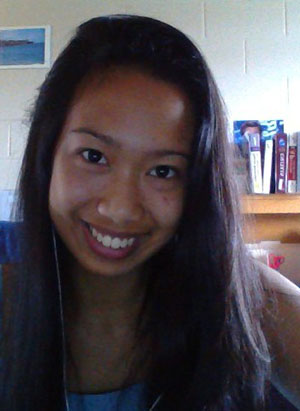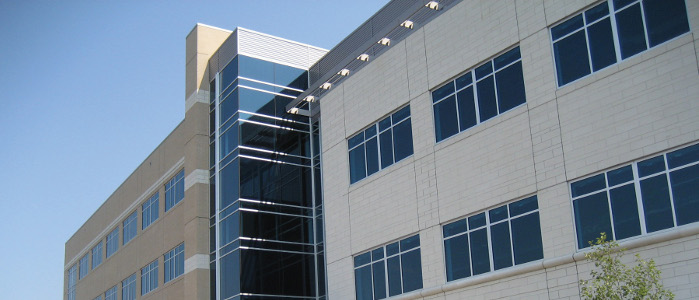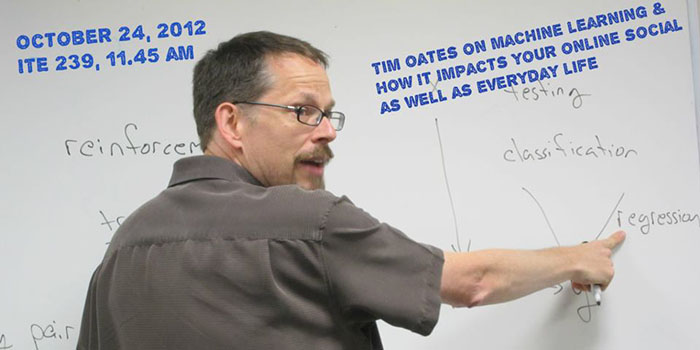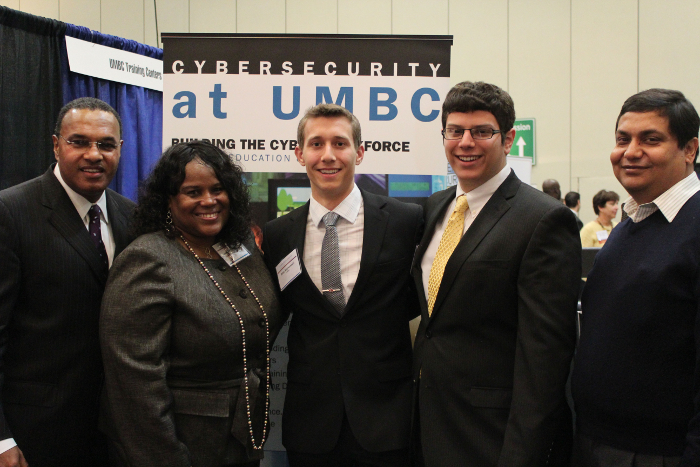Originally from Frederick, MD, Beatrice Garcia is a Freshman Computer Science major and a Center for Women in Technology (CWIT) Scholar.
 About Beatrice
About Beatrice
When did you become interested in Computer Science? I've always liked computers and technology in general. I was always tinkering with the next new gadget. So, I decided to take a computer science class in high school, Introduction to Programming Concepts. We programmed in Java and I loved it. Sounds dorky, I know.
What area of Computer Science interests you the most? I love cyber security and I would love to explore bioinformatics. I have not taken any Biology classes yet, but I'm really interested in building software for the biology/medical field. As for cyber security, I think it's an integral part of our society nowadays because everything is being digitized and we need that security.
What Computer Science courses did you take in high school. How did those influence your choice of major? In high school, I took Introduction to Programming Concepts and AP Computer Science. No one really influenced me in taking those classes but my high school teacher was a huge influence in me majoring in Computer Science. She was a great teacher and really made the class a lot of fun.
What is your dream job? I would love to work for Google because they come up with the most innovative products. For example, the Chromebook. I've also heard about the amazing way Google treats their employees. They even have a program in Women in Leadership.
About being a CS major
What is the best part about being a CWIT Scholar? The absolute best thing about being a CWIT is the sense of community. Prior to entering freshman year, we went through a retreat. The retreat was really helpful because by the time classes started, we already knew each other. So, college wasn't as intimidating as it could've been. In addition to already having friends as soon as you stepped onto campus, you already have an academic community supporting you. We instantly took advantage of study groups and helping each other with homework.
What classes are you taking? Right now, I'm taking Calculus I, Computer Science I for Computer Science Majors, Introduction to Gender/Women Studies, First-Year Experience, and English: Composition. I'm excited about taking CMSC 345: Software Design and CMSC 421: Operating Systems.
Are you part of any on-campus clubs, organizations, teams, or labs? Since this is my first semester as a college student, I actually did not sign up with as many clubs as I wanted because I wanted to test out the water first. Right now, I am a member of the Oxfam Club, which is an organization that helps build a future without poverty. I am a CWIT Scholar (Center of Women in Technology) and we try to promote gender diversity and equality in male-dominated technology fields. I'm also part of the Society of Women Engineers and for fun, I like to do yoga!
About life at UMBC
What is your favorite part about college so far? My favorite part of college is having more responsibility for myself. I know that I'm responsible for myself, so as long as I keep being level-headed and try my best, I will be fine. I've been constantly told that college is what you make of it and I will take advantage of that.
What is the best part about campus life at UMBC? I love that everyone on UMBC is mature and has an intention to succeed. But, we know how to have fun, too! The Students Events Board comes up with greatest events and they make sure you always have something fun to do!
What is your favorite spot on campus? I love walking by the pond or sitting at the ledges by the library because it's so peaceful and the landscape is beautiful.
Where can you get the best coffee/lunch/ food or beverage of choice? For the best coffee, I always go to Starbucks. But for breakfast, I always go to the Coffee Shop in the Administration Building. The ladies who work there are so nice and they have great food!









